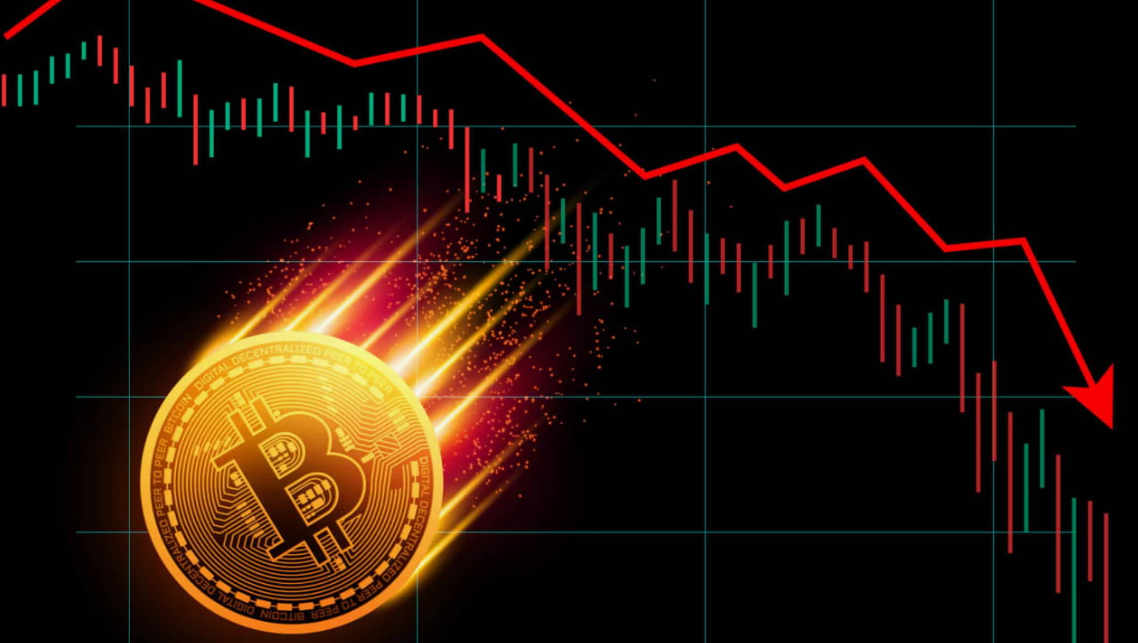Trading in financial markets, whether it’s forex, stocks, or cryptocurrencies, isn’t just about numbers, graphs, and strategies. It’s also deeply rooted in psychology. You can have all the technical tools at your disposal—like live forex rates or stock market data—but without the right mindset, success can be elusive. So, what really sets the winners apart from the rest? Let’s dive into the psychology behind successful trading.
Introduction: Understanding the Trading Mindset
For many traders, the allure of financial markets is undeniable. The potential for profit, the thrill of fast-paced decision-making, and the opportunity to use cutting-edge tools—like FXpricing’s real-time data—make it an exciting endeavor. However, while technical tools and strategies are essential, it’s often the trader’s mindset that can make or break success in this volatile field.
Successful traders don’t just know how to read charts or interpret forex live rates—they understand their own emotions and behaviors when the stakes are high. The psychology behind trading is all about managing emotions, dealing with risk, and maintaining discipline.
In this article, we’ll explore some of the psychological traits that separate successful traders from the ones who struggle. We’ll also discuss how tools like FXpricing can help keep traders on the right track.
The Importance of Emotional Control in Trading
One of the most critical aspects of successful trading is emotional control. Many traders let fear, greed, and impatience drive their decisions. When emotions take over, traders are more likely to make impulsive moves, chase losses, or hold on to losing positions longer than they should.
Fear of Missing Out (FOMO)
Ever heard of FOMO in trading? It’s that anxiety-driven feeling when you see a trade moving in the market and think you’re missing out on a profit. FOMO can lead to hasty decisions that end up in losses. For example, a trader might jump into a trade without analyzing live forex market data simply because they feel they need to act quickly.
- How to combat FOMO: Focus on your plan and stick to it. If you’ve set a trading strategy, follow it, even when others seem to be making moves that you haven’t. The markets are constantly changing, and not every opportunity is worth taking.
Greed and Overtrading
Greed is another major psychological barrier to successful trading. When a trader becomes overly greedy, they might start taking larger risks, believing that more trades will result in more profits. This can quickly lead to losses, especially if the trader ignores key indicators or risks too much capital.
- How to combat greed: Learn to accept that not every trade will be a win. Trading is not about chasing a quick fortune. It’s about making calculated, strategic decisions over time.
Impatience
Impatience can be costly in trading. When traders don’t give their trades enough time to play out, they might close positions too soon, missing out on potential profits. It’s easy to want immediate results, but successful traders know that patience pays off in the long run.
- How to combat impatience: Use tools like FXpricing’s market analysis to help you stay informed and make strategic decisions. With real-time data at your fingertips, you can assess market trends more accurately and wait for the right moment to act.
The Role of Discipline and Consistency
One of the most defining traits of successful traders is their discipline. While it might seem like successful trading is all about seizing opportunities and taking risks, the reality is that consistency is key.
Sticking to a Trading Plan
Every successful trader has a plan. It’s easy to get caught up in the excitement of the markets, especially when forex live rates are moving quickly, but sticking to a solid trading plan is crucial. A good plan includes your entry and exit points, risk management strategies, and a set of rules for when to trade and when to stay out.
- How to maintain discipline: Use FXpricing’s customizable dashboards to track your trades and ensure you’re sticking to your plan. By keeping an eye on market trends and analyzing live forex rates, you can make informed decisions without getting swayed by emotions.
Managing Risk
Another aspect of discipline is knowing how much risk you’re willing to take. Successful traders don’t go all-in on every trade. Instead, they calculate their risk using tools like stop-loss orders and proper position sizing.
- Risk management tip: Use tools that provide real-time insights, such as FXpricing’s live charts and market analysis, to ensure you’re staying within your risk tolerance. The more you understand the market, the more confident and disciplined you’ll be.
Learning from Mistakes
No one gets every trade right. Even the most experienced traders make mistakes. What sets winners apart is their ability to learn from those mistakes and make adjustments in future trades.
- How to improve: Keep a trading journal to reflect on your trades. Track what went well and what didn’t, and always look for ways to improve.
Building Mental Toughness for High-Pressure Situations
Trading can be stressful, especially when markets are volatile or when you’re dealing with significant losses. Mental toughness is crucial for maintaining clarity and focus during these high-pressure moments.
Staying Calm in Crisis
One of the most important aspects of mental toughness is staying calm when the market turns against you. Whether you’re seeing a sudden drop in forex rates or unexpected market news comes in, it’s important to stay level-headed and avoid making impulsive decisions.
- How to stay calm: Take a step back and assess the situation. Use tools like FXpricing’s live market insights and news updates to get a clear picture of what’s happening. Don’t let fear guide your decisions.
Developing a Growth Mindset
Winners in trading see every challenge as an opportunity to learn and grow. Rather than getting discouraged by losses, they embrace them as part of the process.
- How to develop a growth mindset: Focus on continuous improvement. Keep educating yourself with tools like FXpricing’s news analysis and economic calendars. Stay up to date with global events that affect market movements, and use this knowledge to grow as a trader.
How to Leverage Tools for a Psychological Edge
In today’s fast-paced trading environment, successful traders often use real-time data and advanced tools to stay ahead of the game. Tools like FXpricing are invaluable for providing the real-time market analysis and data that traders need to make informed decisions.
- Real-time data for emotional control: By having access to live forex rates, real-time charts, and financial news, traders can make data-driven decisions that reduce emotional reactions to market fluctuations.
- Customizable dashboards for discipline: Set up dashboards that reflect your trading strategy, with alerts that keep you on track and prevent emotional decision-making.
FAQs
Q: How can I improve my trading psychology?
A: Improving trading psychology involves managing your emotions, staying disciplined, and developing mental toughness. You can use tools like trading journals and real-time data from platforms like FXpricing to track your performance and keep your emotions in check.
Q: What role does risk management play in successful trading?
A: Risk management is crucial. It helps you protect your capital by ensuring that you only take risks that are within your tolerance level. Tools like stop-loss orders and real-time market analysis can help you manage risk effectively.
Q: How can I avoid FOMO in trading?
A: FOMO can be avoided by sticking to your trading plan and not making impulsive decisions based on fear. Use tools like FXpricing’s real-time data to make informed decisions and avoid jumping into trades simply because others are.
Q: What is the best way to develop mental toughness in trading?
A: Developing mental toughness involves staying calm in the face of market volatility, learning from mistakes, and embracing challenges as opportunities to grow. Staying informed with real-time data and news can also help you make more rational decisions under pressure.




